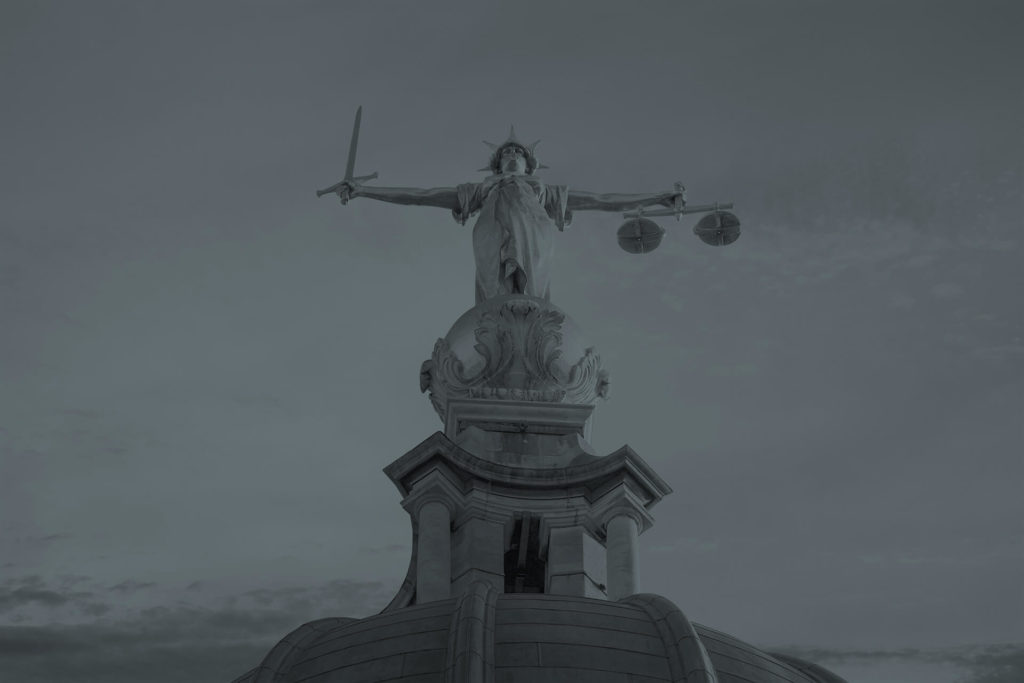Send your enquiry.
Contact us for a free, initial no obligation consultation.
"*" indicates required fields
Your information is safe and treated in accordance with our Privacy Policy
‘Aggravated trespass’ is one of a number of offences used to curtail public protest. It makes it illegal to trespass and disrupt, obstruct or intimidate others from carrying out lawful activities, such as work.
Trespassing While Protesting?
The government appears particularly determined to clamp down on protester behaviour, meaning an increase in arrests and prosecutions is likely. If you need a criminal defence solicitor to represent you, please contact us at Ashmans Solicitors.
What is trespass?
Trespassing means that you have entered onto land, or a building, without the owner’s permission.
Some places have ‘implied permission’, such as supermarkets. In these cases, you do not need to get consent to enter the premises. Other places, however, require the express permission of the owner. If you fail to do so, you are trespassing.
Trespass is considered a matter of civil law, so you cannot be arrested for trespassing alone. The police may help a landowner remove trespassers from their land, but there cannot be a criminal prosecution (although the trespasser may be sued in the civil courts).
There are two exceptions to the rule, which are:
- Residing on land without consent in or with a vehicle, which is now a criminal offence under section 83 of the Police, Crime, Sentencing and Courts Act 2022
- Aggravated trespass
What is aggravated trespass?
Aggravated trespass means that you have entered onto land, or a building, without the owner’s permission, with the intention of disrupting, obstructing or intimidating others from carrying out lawful activities.
For example, imagine that activists trespass onto a dairy farm and chain themselves up, thereby blocking entry to the dairy and disrupting normal operations. This exact situation happened in 2021, and six people were subsequently tried for aggravated trespass.
Aggravated trespass is an offence under section 68 of the Criminal Justice and Public Order Act 1994. Due to recent legal changes, it is also an offence to return to the same land within 12 months of committing aggravated trespass.
What is the penalty for aggravated trespass?
Aggravated trespass can only be tried in the Magistrates’ Court. The maximum penalty is three months’ imprisonment, a fine, or both. First time offenders are likely to receive a conditional discharge.
Aggravated trespass and protester behaviour
Although aggravated trespass has been illegal for many years, it is a particularly relevant offence to discuss at this current moment in time. The government is keen to crack down on ‘disruptive’ protests, and is calling upon the full force of the criminal justice system to regulate protestor behaviour.
Home Secretary Suella Braverman has even told police chiefs to “step up” and take a “firmer line” against protesters following the recent Just Stop Oil protests on the M25. She has also proposed new legislation which would make it an offence to obstruct key infrastructure.
Do you need a solicitor?
Due to these developments, we expect to see more prosecutions involving offences such as aggravated trespass and obstruction of a highway. If you have been accused of such crimes and want expert legal representation, please contact us at Ashmans Solicitors. We have an experienced team of defence lawyers. We are also members of the Legal Aid scheme.
Call us on 0333 009 6275. We are available 24 hours a day, 7 days a week.
You can also email us on enquiries@ashmanssolicitors.com or complete our Free Online Enquiry Form and we will contact you.




